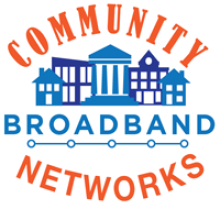GAO Report Warns of Potential for ISPs to Abuse Data Caps
Last month, the U.S. Government Accountability Office (GAO) released a report warning of the possibility and potential consequences of ISPs instituting data caps in their fixed line plans. In effect, this could mean applying something like the tiered service charges based on usage levels that we see in the mobile sector to broadband connections in the home or office. But whereas the vast majority of Americans have a reasonable range of choice between several major and minor carriers for mobile service, the GAO notes that the same is not true in the market for broadband, which could lead to ISPs using data caps (or usage-based pricing (UBP) in their parlance) in various harmful ways:
...providers facing limited competition could use UBP [usage-based pricing] to increase profits, potentially resulting in negative effects, including increased prices, reductions in content accessed, and increased threats to network security.
The GAO has provided the FCC with a copy of its report, and urged that the agency take action on the issue, including systematically tracking information on how many consumers are impacted by fixed providers instituting data caps and developing a voluntary code of conduct for the industry. According to Ars Technica, the FCC has taken a skeptical stance on the issue, despite Chairman Tom Wheeler’s outspoken concerns on the lack of competition in the fixed broadband market. Pointing to the small number of consumer complaints on the issue so far, the FCC asserted that “it is unclear that any action is needed at this time.”
Usage caps do not just affect sophisticated users with bandwidth-intensive jobs or hobbies that require them to transfer large design files or generate and share multimedia content. This has the potential to affect kids and adults doing homework or taking classes online, people who hope to cut the cord from traditional television providers, and telecommuters. From the GAO study:



